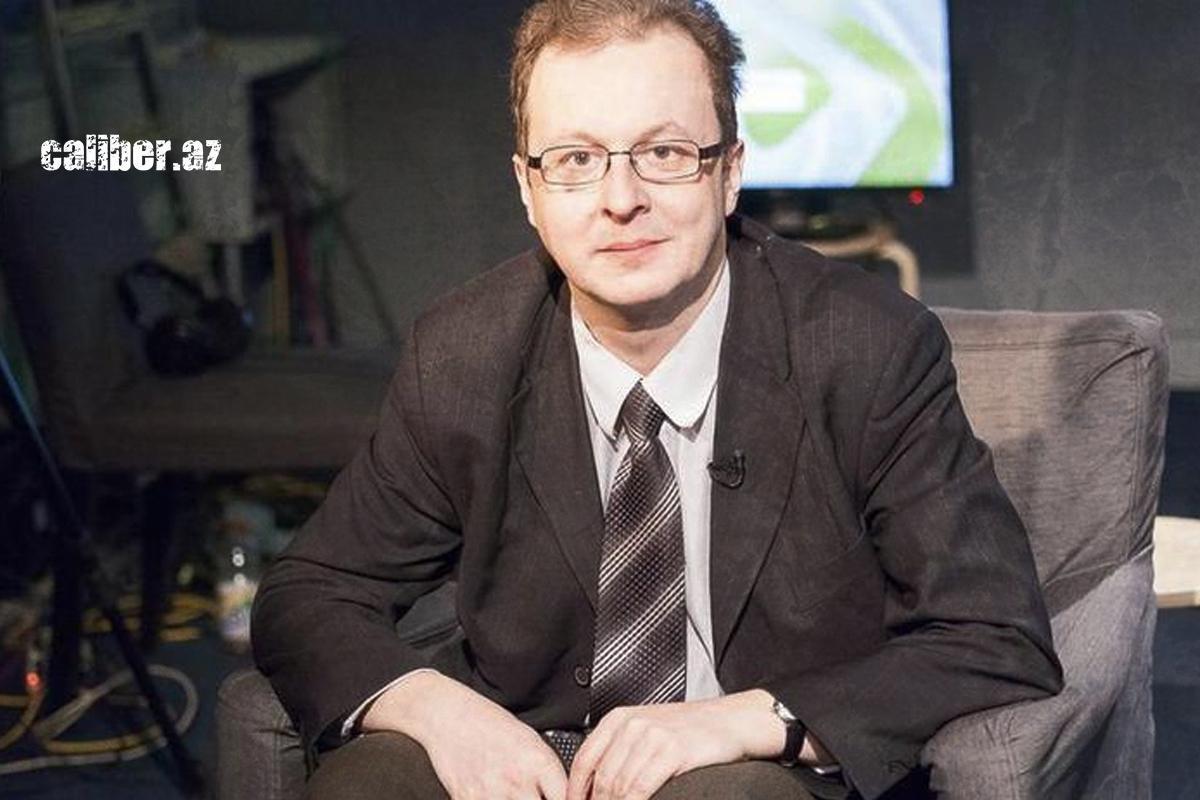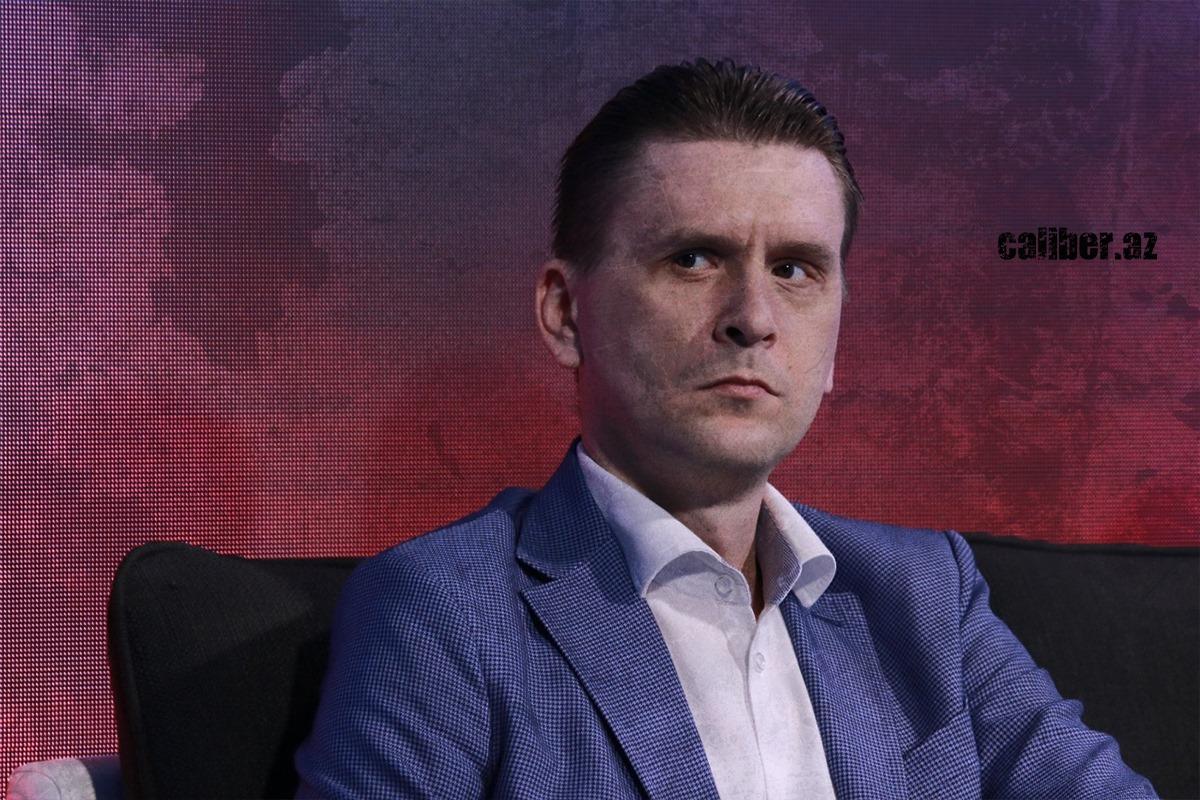France, Greece assist Armenia in strengthening defence capabilities Amidst unpredictability of Russia's response
Armenia has not only frozen its participation in the Collective Security Treaty Organisation (CSTO), but seems to dream of creating something in the spirit of a pro-Armenian military bloc. Thus, along with France and India, Yerevan is actively developing military-technical cooperation with Greece.
This, in particular, was discussed during a meeting in Yerevan between Armenian Defence Minister Suren Papikian and his Greek counterpart Nikos Dendias, who arrived in the "country of stones" on an official visit.
"During the meeting, the sides discussed the progress of defence cooperation between Armenia and Greece, the works done regarding the agreements reached in Athens in December 2023, and outlined a number of new areas of cooperation. An agreement was reached to give a new impetus to the military-technical cooperation after the ratification of the Agreement on Military-Technical Cooperation between the governments of the two countries," the press service of the Armenian Defence Ministry reported.
How should we view Yerevan's current actions and its desire to actively build up its military capabilities and conclude military alliances? Caliber.Az asked foreign experts the question.

According to Dmitry Babich, a Russian political scientist and columnist for the InoSMI portal, it is obvious that Armenia has taken a course to distance itself from Russia.
"I do not think that Armenia is creating a military bloc right now - Yerevan has neither the potential nor the prestige to do so. But anti-Russian rhetoric clearly dominates the Armenian media, clearly anti-Russian statements are made by Pashinyan himself, and the attempt to obtain weapons and establish military cooperation with France and Greece is, of course, a serious irritant in relations with Russia. Macron is now an extremely unpopular politician in Russia, as he recently called for NATO troops to be sent to Ukraine. Therefore, now is not the best time for Armenia, if it wants to preserve good relations with Russia, to rush into Macron's arms," the political scientist emphasized.
As for the Greek Defence Minister’s visit to Armenia, the pundit reminds that there is a crisis in the relations between Russia and Greece. So it is as if Yerevan is deliberately playing on Moscow's nerves.
"Greece has supplied Ukraine with infantry fighting vehicles (IFVs) and other weapons that Russia once transferred to Athens. This is very negatively perceived in Moscow, but I will not risk accurately predicting the degree and form of the Russian reaction to these actions of Yerevan. Because this is the style of the head of Russia Vladimir Putin - he always responds unexpectedly. But there is always a signal: if you do something against Russia, expect the worst. The reaction can be very sharp and unpredictable," Babich said.

According to Oleksandr Kovalenko — Ukrainian military and political columnist of the Information Resistance group, it is clearly visible how at the moment Armenia is actively forcing the arming of its troops in an attempt to compensate for their losses in the 44-day war and during the anti-terrorist measures in the fall of 2023.
"Now Armenia is primarily trying to rebuild its air defence assets: it is buying anti-drone technology to combat drones, as well as artillery. This can include barrel artillery, as well as multiple rocket launchers (MLRS). In general, it is worth noting that Armenia suffered the highest losses in terms of barrel artillery. As for the losses of MLRS by the end of 2020, in aggregate, they amount to about 85 units. And the supply of Indian 214-mm calibre Pinaka MLRS implies the transfer of four divisions of three batteries each - a total of 74 launchers. So it turns out that with this contract Armenia will almost compensate for its losses in terms of MLRS. Yerevan is also actively trying to compensate for its losses in the field of barrel artillery - for example, the first batch of howitzers amounts to 28 units, and it is clear that there will be more than one," Kovalenko noted.
Thus, according to the military expert, it clearly emerges that Armenia's partners who actively contribute to the restoration of the Armenian army's combat capability are primarily France and India.
"Now we can say that Armenia is betting on the armament of a defence nature. But this is only at first glance. This does not mean that after some time Armenia will not switch from defence technology purchases to offensive weapons. Judging by the impressive size of the budget, Armenia will be able to restore its military potential, both defence and offensive weapons, in about two years. And the swiftness of such attempts, of course, raises questions. But it is very obvious that Armenia's military budget will only increase - Yerevan directly confirms this by its actions," Kovalenko added.








